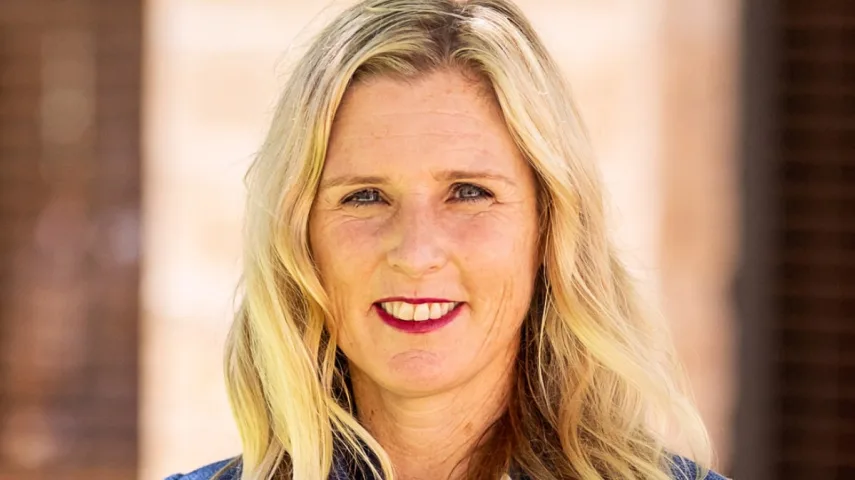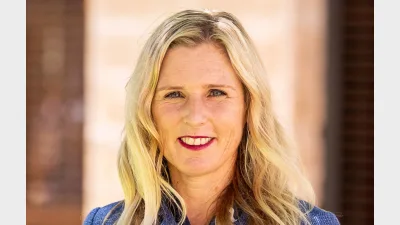ASIC doubles down on death benefit delays in stern warning to super trustees



ASIC is not done with death benefits, commissioner Simone Constant warned trustees this week, stressing that the corporate regulator remains focused on driving a step change in how member services are delivered.
The regulator is “not done with death benefits,” Constant said on Tuesday, following its March release of 34 recommendations for superannuation trustees. The guidance came off the back of a review that revealed extensive delays, substandard customer service, and systemic failures in handling death benefit claims.
“We will continue to follow up and follow through to ensure trustees do what they said they would do and deliver on the step change that has been promised,” she said, in one of her most forceful warnings to funds to date.
ASIC – which is currently pursuing legal action against AustralianSuper and Cbus over significant claims handling delays – underscored that “oversight starts with insight”, and that trustees must have access to “the right data and the right insights” to fulfil their duties effectively.
“It speaks volumes that not one trustee in our death benefits review tracked their claims handling time from start to finish. It’s no wonder some of them were shocked when we showed them their own processing times,” the commissioner said.
She added that ASIC chair Joe Longo would soon announce the next phase of the regulator’s work on death benefits.
But it’s not just death benefits under the microscope. Constant noted that despite the rapid growth of super funds, “bigger has not necessarily meant better”.
“As we look across the scale of the superannuation sector and focus on issues of conduct, there are some areas that stand out to us as requiring improvement. This includes increasing confidence that trustees are learning from and responding to complaints and incidents, member experience during and immediately after a merger, as well as the quality of member interaction — in particular in call centres,” she said.
She pointed to a recurring theme across these issues: a “disconnect between what’s happening in the boardroom and the bullpen”.
“This kind of information disconnect is going to be of continued interest to us particularly with the extension of the Financial Accountability Regime to superannuation trustees this year,” Constant said.
“You can expect to hear more from us soon in this regard as we look to play our part in a new era of accountability for super trustees and help to restore some of the trust tarnished in recent times.”
Moreover, the commissioner flagged concerns around outsourcing, with many funds having outsourced significant portions of their member services.
“In January, we wrote to the trustees with concerns that they were too reliant on their external administrators’ anti-fraud and anti-scams practices. Since then, we have seen several funds targeted by cyber criminals, with hundreds of thousands of dollars of members’ money stolen,” Constant said.
Oversight of external providers is a central principle underpinning a new prudential standard coming into force from 1 July. The measure is designed to ensure APRA-regulated entities – including super funds – uphold strong governance, risk controls, and accountability when outsourcing critical services.
The standard mandates that entities clearly document outsourcing arrangements, assess and mitigate associated risks, and ensure that third-party services don’t undermine their operational resilience.
Reflecting on industry feedback since ASIC’s March report, Constant said on Tuesday it has been “promising”.
“Even as our review was ongoing it prompted many trustees to improve their practices and complaints were falling,” she said.
Ultimately, she urged funds to treat complaints more seriously, noting: “complaints can’t exist in a vacuum.”
Recommended for you
The Gateway Network Governance Body has unveiled a detailed roadmap to guide the superannuation industry through the upcoming Payday Super reforms.
CPA Australia urges the ATO to extend compliance support for small businesses facing major system changes ahead of Payday Super reforms.
Superannuation funds ramp up collective efforts to counter rising cybercrime, updating standards and sharing intelligence across the industry.
The regulator has fined two super funds for misleading sustainability and investment claims, citing ongoing efforts to curb greenwashing across the sector.









